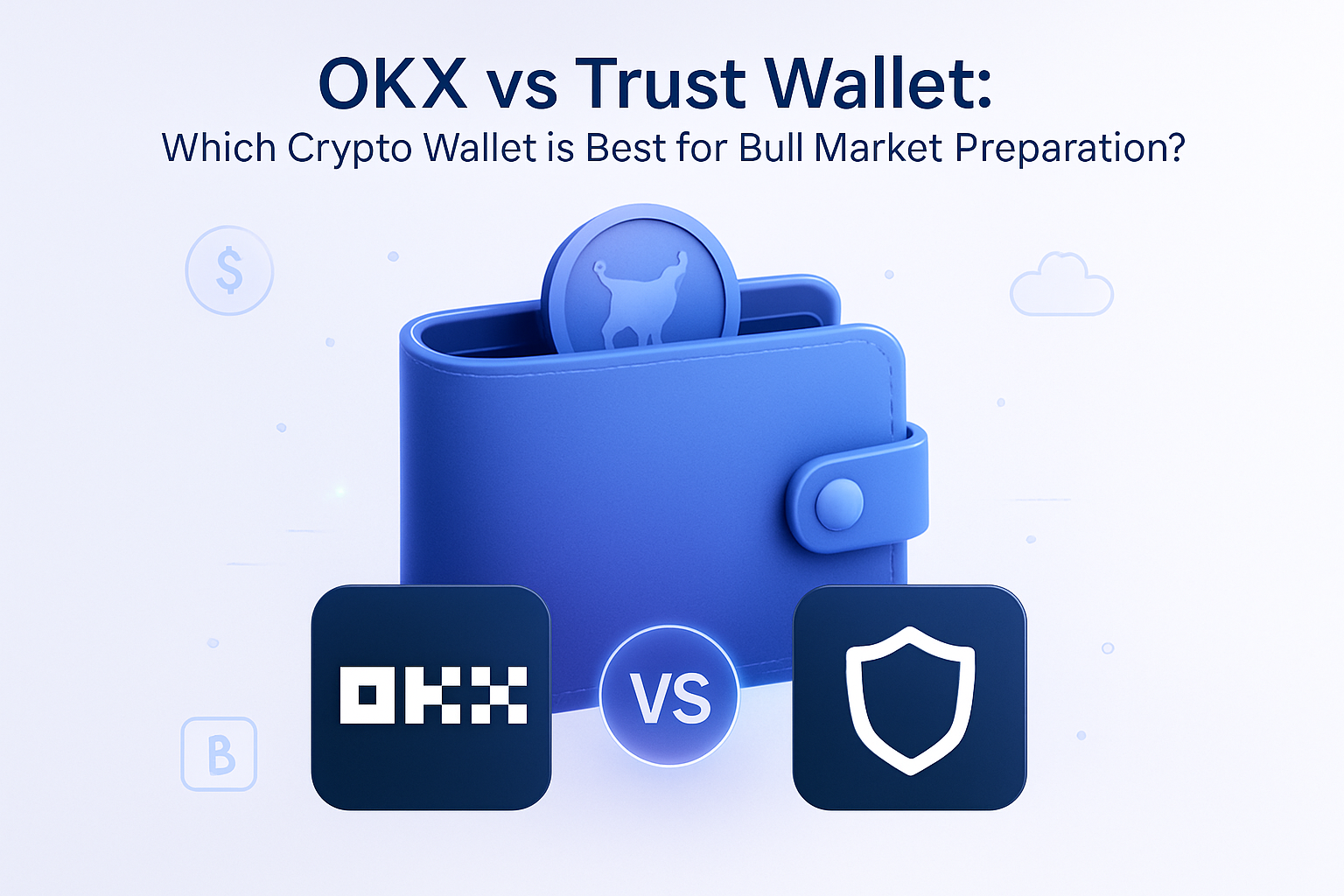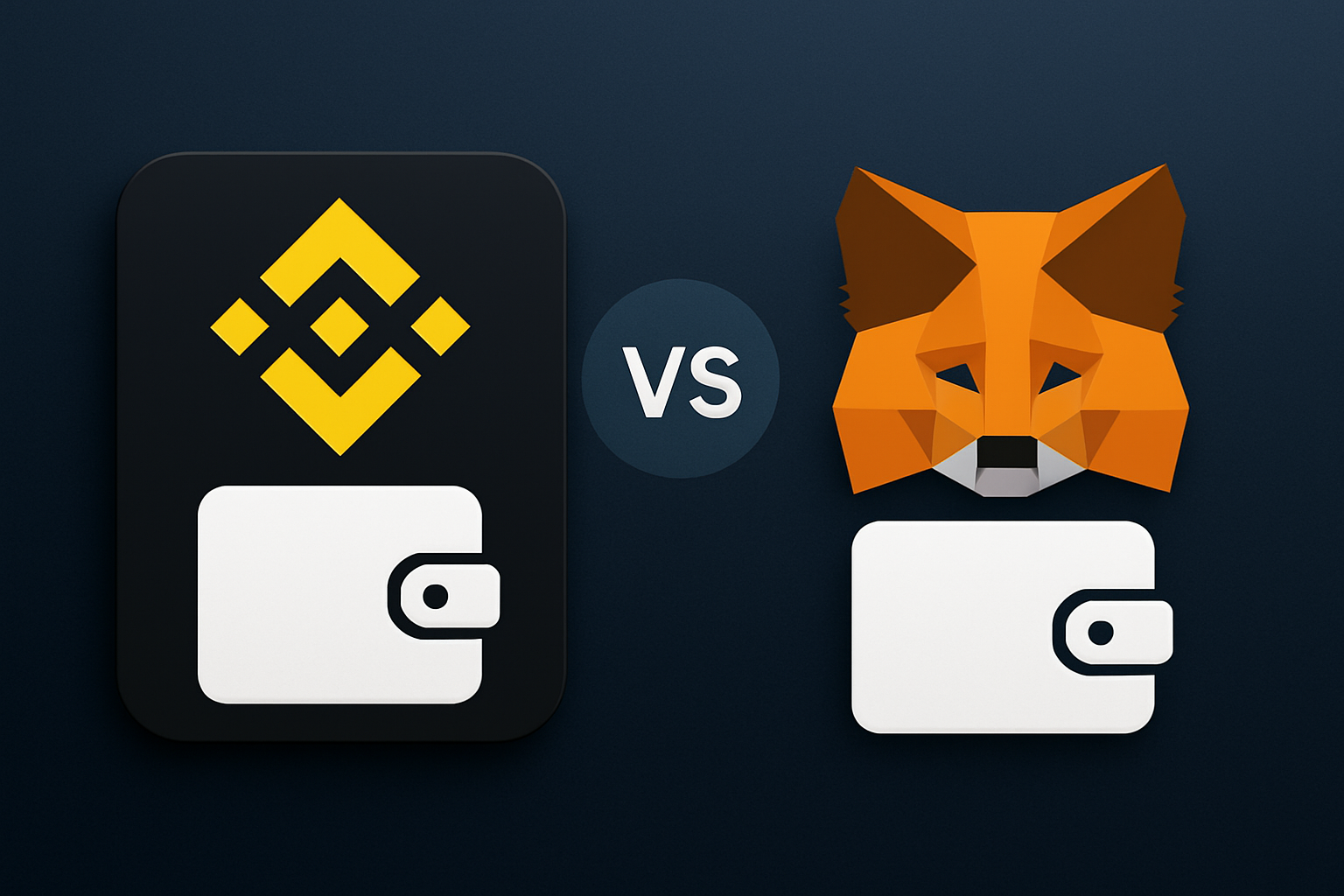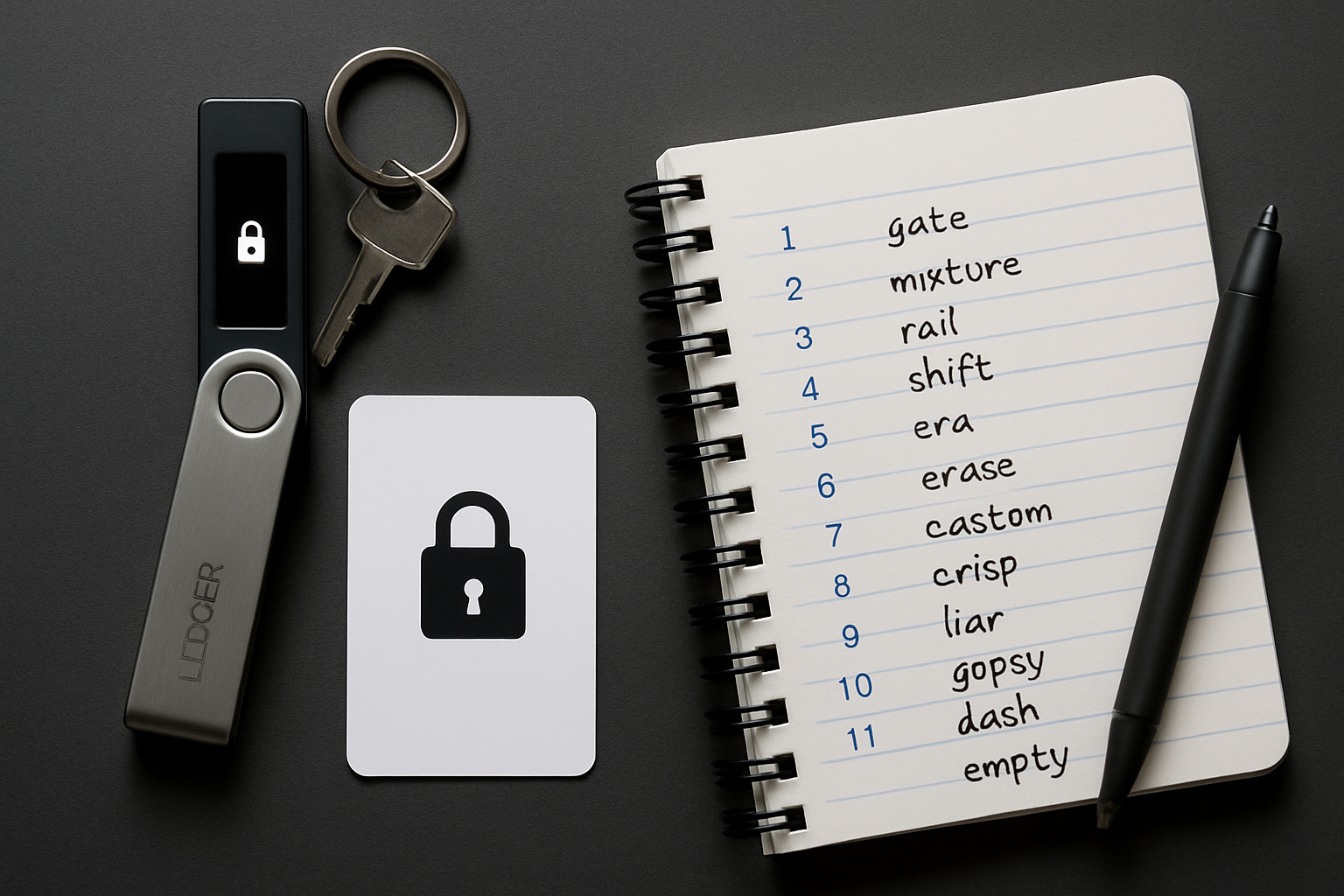For anyone active in crypto, the ability to swap assets quickly and securely inside your wallet is a major convenience. But not all wallets offer the same swapping experience. If you’re weighing Ledger Live vs Trust Wallet for in-app swaps, there are some important differences to consider, especially when it comes to security, supported coins like USDT or TON, and ease of use.

Security: Hardware Layer or Software Simplicity?
The most fundamental difference between these two wallets is how they handle your private keys. Ledger Live works hand-in-hand with Ledger’s hardware wallets, meaning your keys never leave the device or touch the internet during a swap. This approach is considered the gold standard for keeping your crypto safe from hacks and malware (source). Every swap must be physically confirmed on the hardware wallet, so even if your computer is compromised, your funds stay protected.
Trust Wallet, in contrast, is a mobile software wallet. Your private keys are stored on your phone, convenient for quick access but more exposed to online risks. For users who prioritize maximum security (especially with larger balances), this distinction matters. As one Reddit user put it: “Ledger is an extra layer of protection. . . your keys are never online whereas Trust Wallet is online. “
Asset Support and Swapping Variety
Both wallets support thousands of cryptocurrencies and tokens, but their swap features differ under the hood:
- Ledger Live: Supports swaps for a wide range of coins (including Bitcoin, Ethereum, many ERC-20 tokens, TON) through partnerships with third-party providers. The exact coins available depend on what those partners support at any given time (source). For instance, you can easily swap USDT directly via Ledger Live without touching fiat currencies (source). TON blockchain support has also been highlighted as a recent strength.
- Trust Wallet: Integrates directly with decentralized exchanges (DEXs) like Uniswap and PancakeSwap for seamless token swaps, including ERC-20 and BEP-20 assets (source). You’ll find broad asset coverage and competitive rates thanks to DEX liquidity pools.
If you trade niche tokens or want access to new DeFi projects early, Trust Wallet’s DEX integration gives you an edge. For major coins like USDT or TON, both wallets perform well, but always double-check which pairs are currently supported before making big moves.
Pros and Cons of Ledger Live vs Trust Wallet for In-App Swaps
-
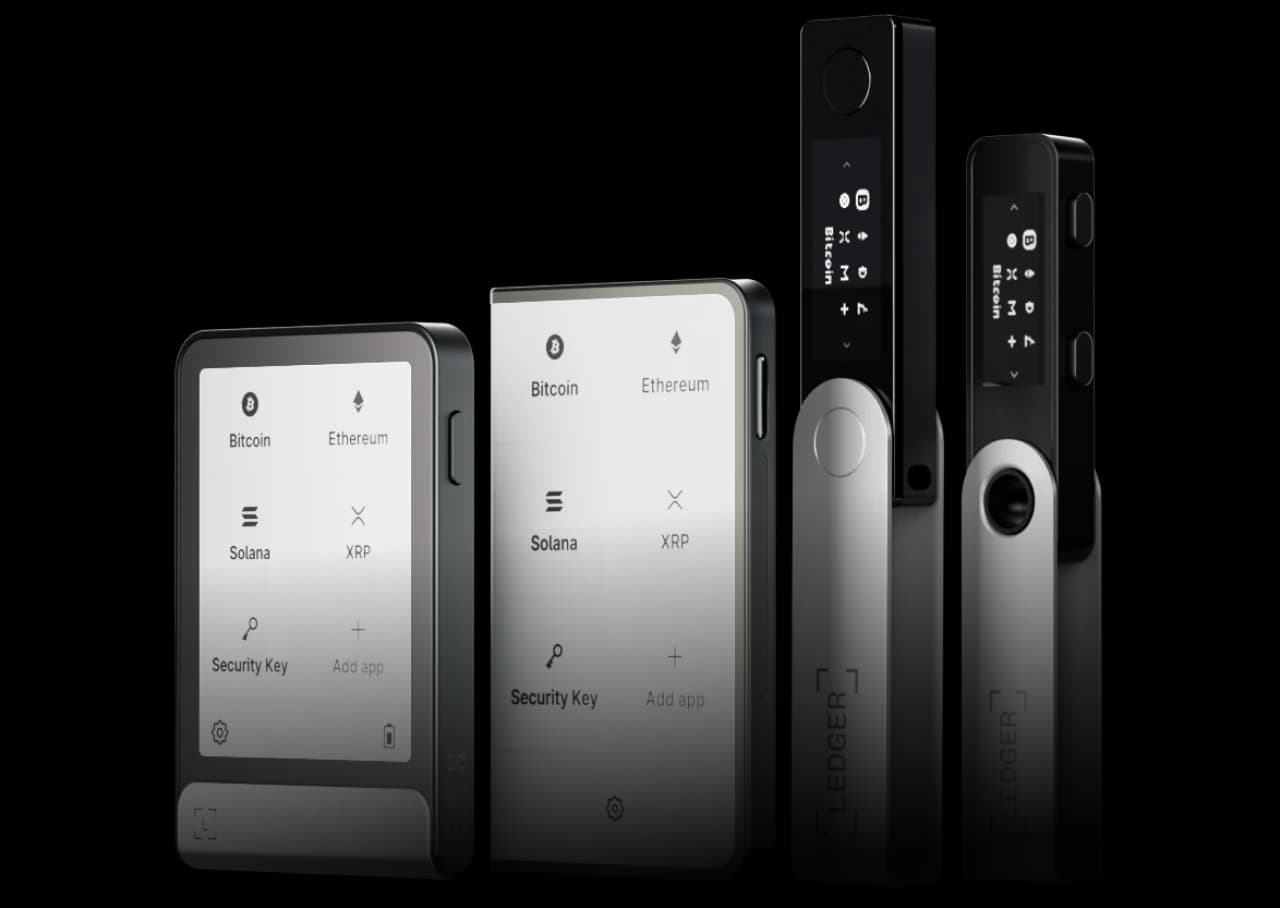
Ledger Live: Superior Security — Swaps require confirmation on a hardware device, keeping private keys offline and offering robust protection against hacks.
-
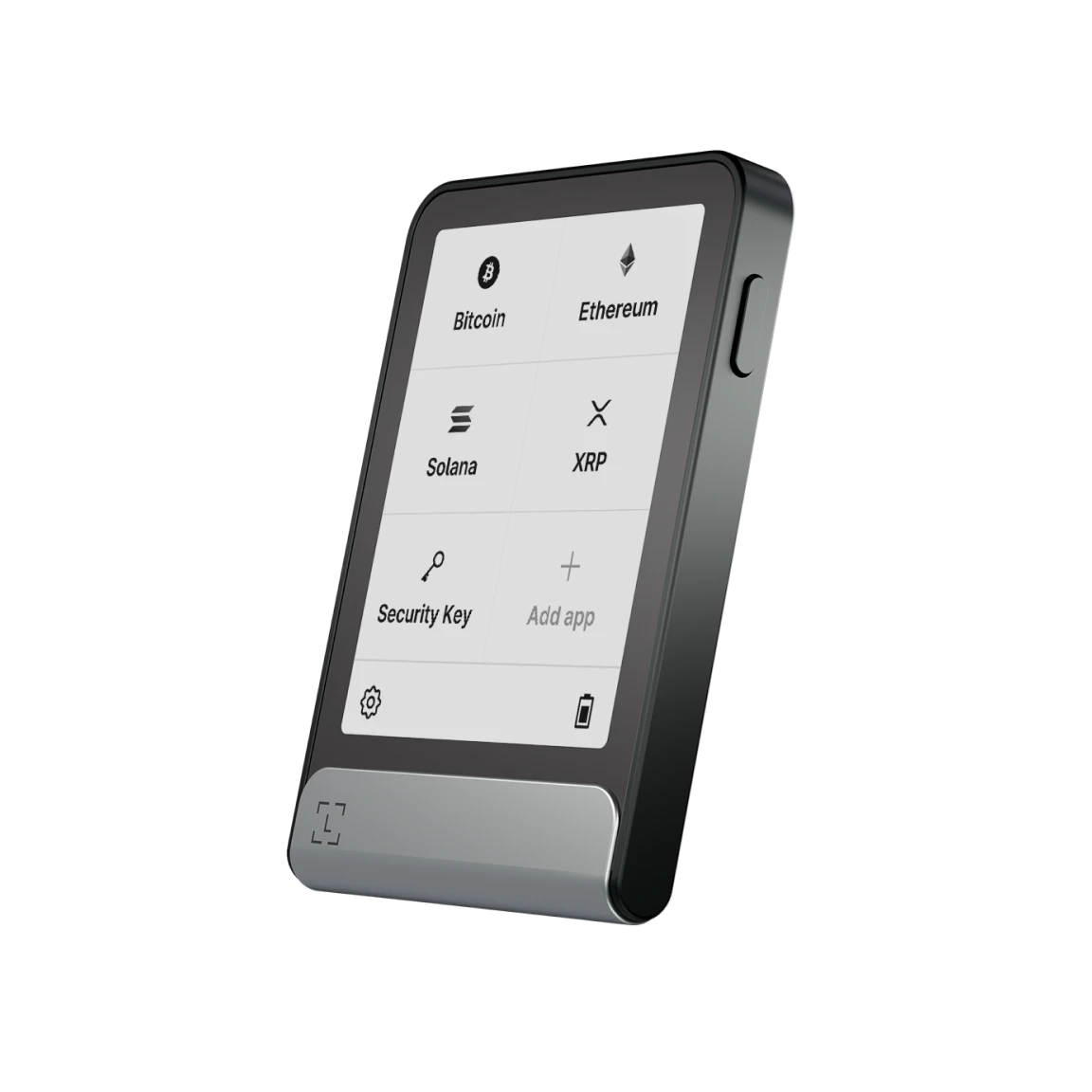
Ledger Live: Limited Asset Availability — The range of tokens available for swapping depends on third-party service providers, which may restrict certain assets compared to DEX-based options.
-
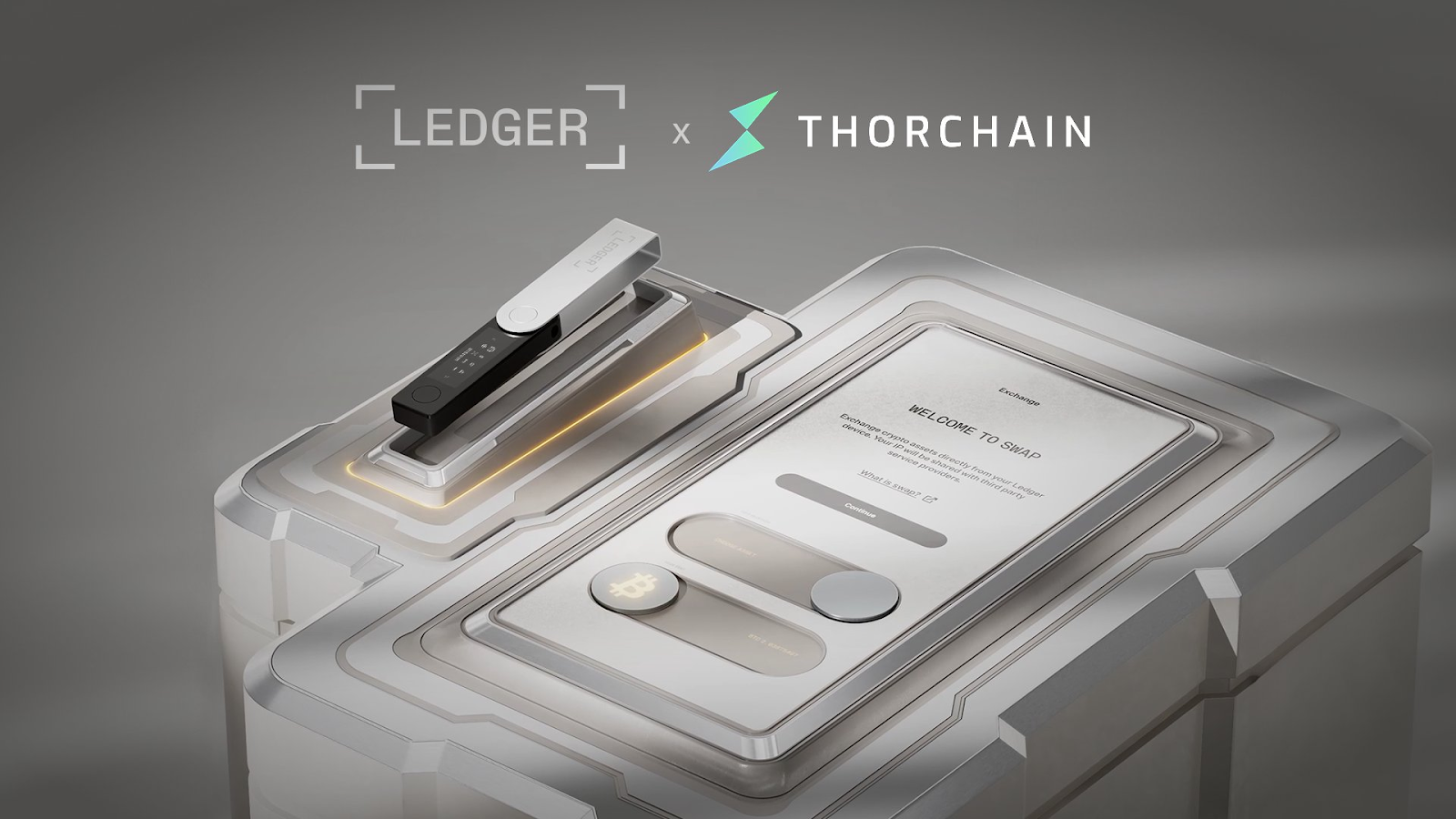
Ledger Live: Extra Steps for Transactions — The swapping process involves additional verification steps for enhanced safety, but may feel less streamlined for users seeking quick trades.
-
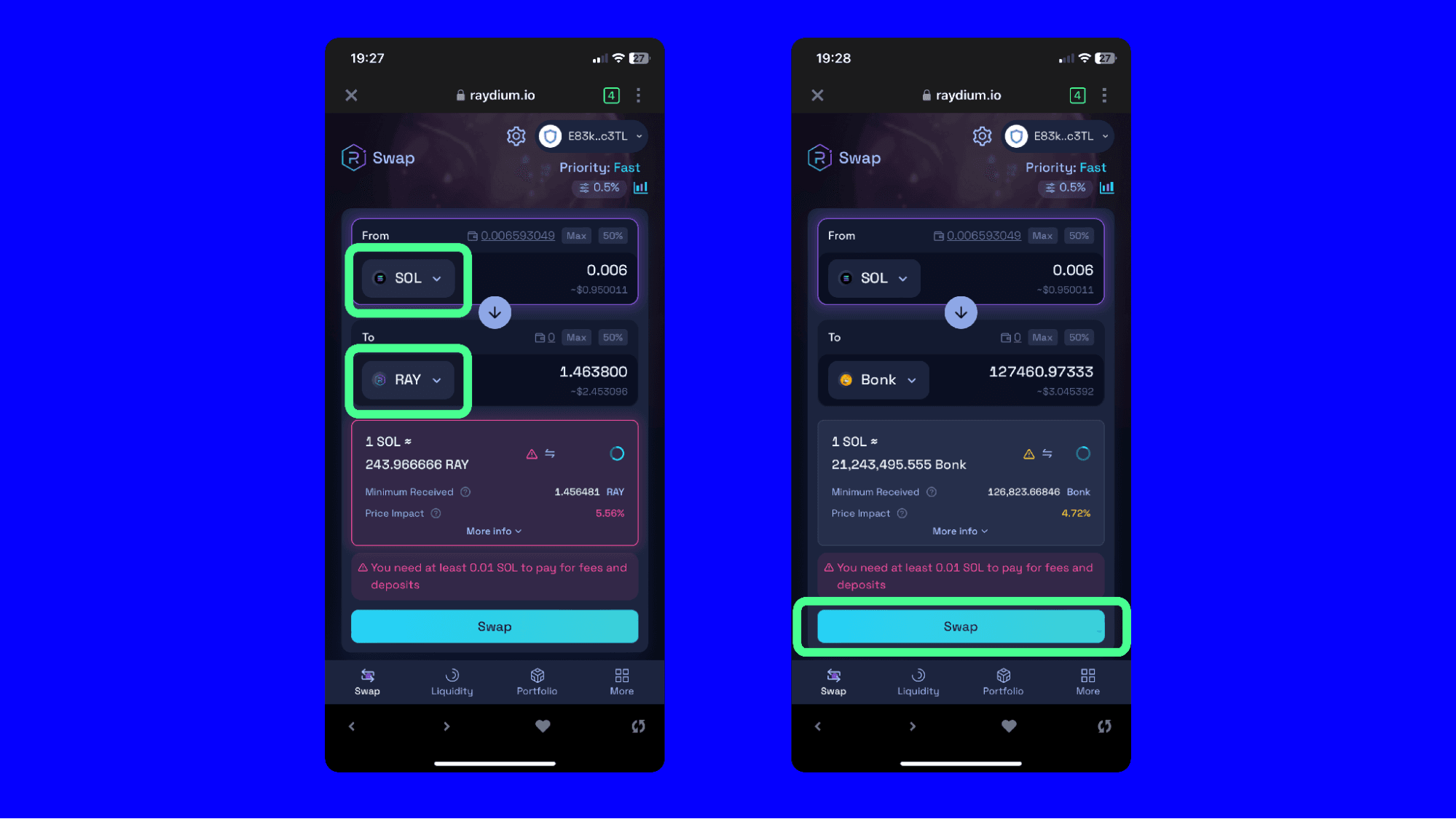
Trust Wallet: Broad Asset Support — Integrates with multiple decentralized exchanges (DEXs), allowing users to swap a wide variety of ERC-20 and BEP-20 tokens directly within the app.
-

Trust Wallet: User-Friendly Experience — Simple, intuitive interface makes in-app swaps fast and accessible, ideal for users prioritizing convenience.
-

Trust Wallet: Online Key Storage Risks — As a software wallet, private keys are stored on the user’s device, making it more vulnerable to malware or phishing attacks than hardware wallets.
User Experience: Steps Involved in Swapping Crypto
The actual process of swapping crypto should be straightforward but secure. Here’s how they compare:
- Ledger Live: You select the assets to swap, enter an amount, then confirm twice, once in-app and once on your Ledger device itself. This extra step slows things down slightly but adds peace of mind.
- Trust Wallet: Swaps happen entirely within the app, choose tokens, enter amount, approve transaction, and you’re done in seconds. No extra device required.
This “security vs convenience” trade-off is central to choosing between these two platforms. If you only make occasional swaps or hold substantial balances long-term, Ledger’s approach makes sense. If you’re actively trading smaller amounts or exploring new tokens daily, Trust Wallet’s speed will appeal more.
Another point to consider is fees. With Ledger Live, swap fees are determined by the third-party providers the app connects with. These may vary depending on network congestion and the specific coins involved. Trust Wallet, on the other hand, relies on DEX protocols, so your fees are typically transparent but can spike during periods of high blockchain activity. Always check estimated costs before confirming any transaction, especially when moving larger amounts of USDT or experimenting with newer tokens on chains like TON.
TON Blockchain and Future-Proofing Your Wallet
With new blockchains like TON gaining traction, wallet compatibility is critical. Ledger Live has rolled out robust support for TON and Jettons, letting users securely store and swap these assets directly from their hardware device (source). This is especially valuable if you’re looking to diversify beyond Ethereum or Binance Smart Chain tokens.
Trust Wallet also offers support for TON through its DEX integrations, but it’s worth noting that advanced features (like staking or Jetton management) may be more limited compared to what Ledger Live provides.
If you’re planning to hold or trade a wide mix of assets, including emerging coins, double-check both wallets for up-to-date support before committing. Integration can change rapidly as new protocols roll out.
Which Wallet Wins for In-App Swapping?
The “best” choice comes down to your personal priorities:
Ledger Live vs. Trust Wallet: Quick Feature Comparison
-
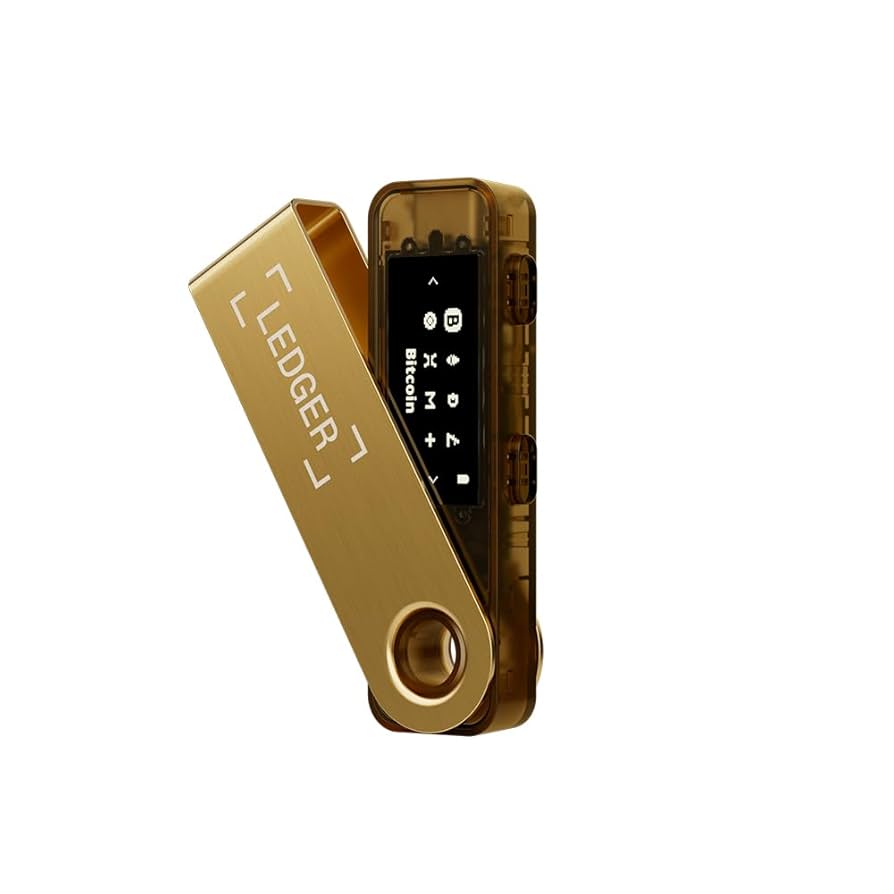
Security: Ledger Live offers unmatched security by requiring all swaps to be confirmed on a hardware wallet, keeping private keys offline. Trust Wallet stores keys on your mobile device, providing convenience but increased exposure to online threats.
-

Asset Variety: Trust Wallet supports a broad range of tokens and integrates with multiple DEXs, allowing access to many trading pairs. Ledger Live supports over 5,500 assets, but swap availability depends on integrated third-party providers.
-
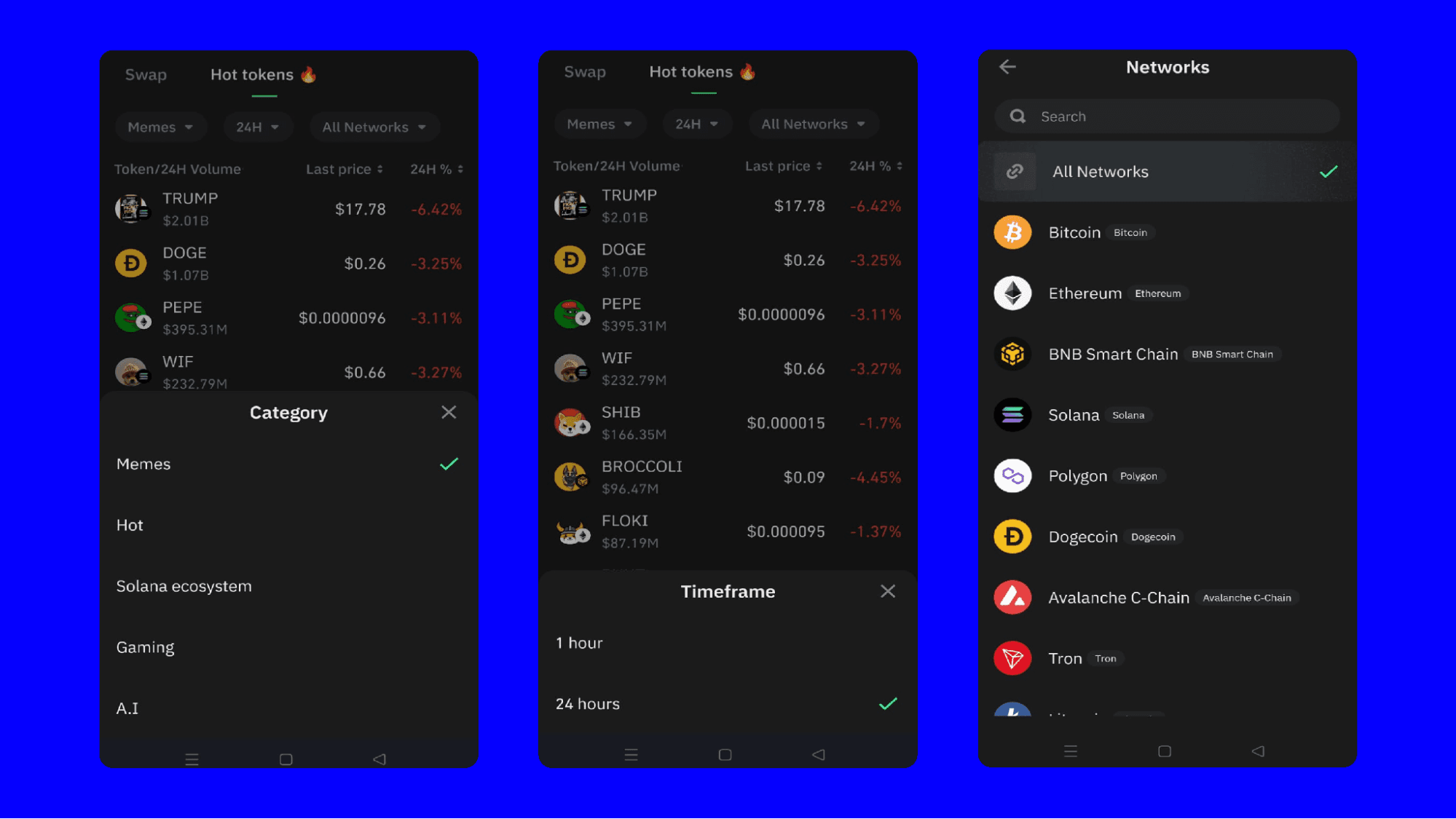
Swap Speed: Trust Wallet enables fast, direct in-app swaps with minimal steps. Ledger Live swaps require additional hardware confirmation, which adds security but may slow down the process.
-
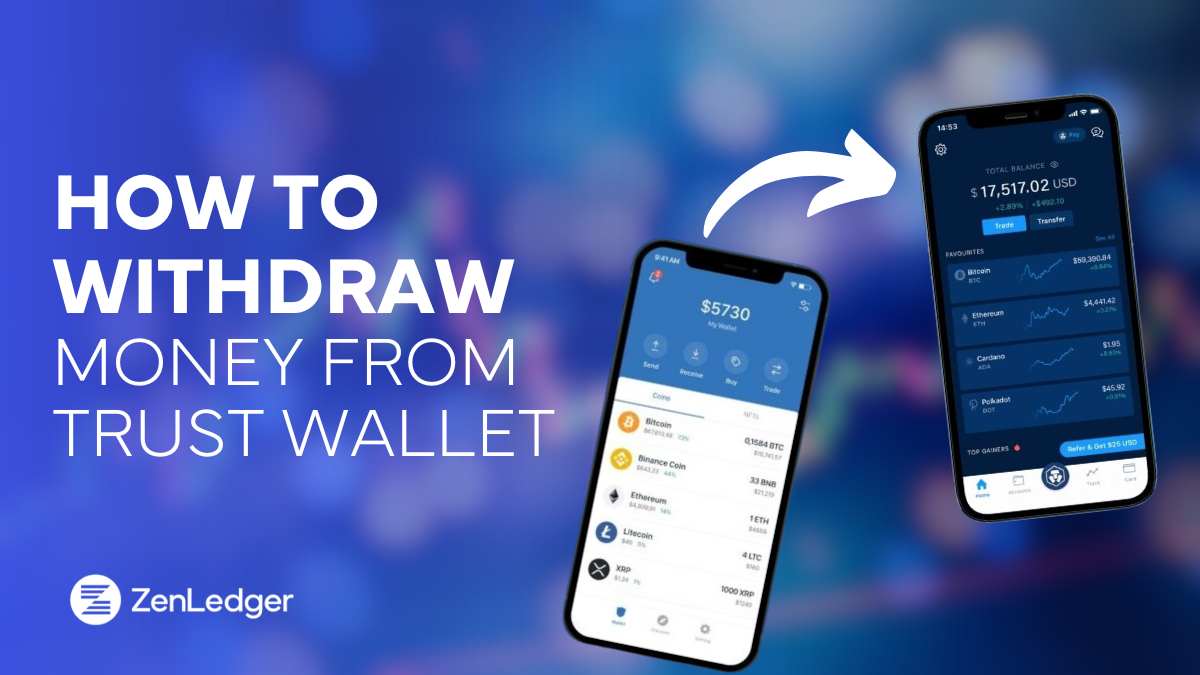
Ease of Use: Trust Wallet features a user-friendly mobile interface and simple swapping process. Ledger Live is intuitive but involves extra steps for hardware confirmation, making it slightly less streamlined for beginners.
If you’re managing significant holdings or want maximum peace of mind when swapping assets like USDT or TON, Ledger Live’s hardware-based approach is tough to beat. It’s a bit slower but offers a strong safety net against hacks and malware, something that resonates with long-term holders or anyone storing large balances (source).
If your style leans toward active trading, chasing new DeFi opportunities, or simply valuing speed and flexibility above all else, Trust Wallet’s DEX integration makes it extremely convenient. You’ll get access to a wider range of tokens (including the latest ERC-20s and BEP-20s), often at competitive rates, and swaps take just seconds from your phone.
Final Thoughts: Making Your Swap Experience Count
No matter which wallet you choose, hardware-backed security with Ledger Live or software-driven convenience with Trust Wallet, the most important thing is understanding how each fits your needs today. Don’t forget to keep your apps updated and always verify swap details before confirming transactions. As the crypto landscape evolves in 2025 and beyond, both wallets continue adding features to stay competitive.
If you’re still undecided or want more hands-on feedback from real users about swapping experiences, check out community discussions online or try both wallets with small test amounts first.
Which wallet do you use most for in-app crypto swaps?
With Ledger Live offering top-notch security via hardware integration and Trust Wallet providing user-friendly access to a wide range of tokens, we want to know your go-to choice for swapping crypto directly in-app. Which do you prefer for your swaps?
The bottom line: For secure long-term storage with occasional swaps (especially if you hold large sums), Ledger Live paired with a hardware wallet is hard to beat. For everyday trading across lots of tokens, including new DeFi projects, Trust Wallet shines for its flexibility and speed.


